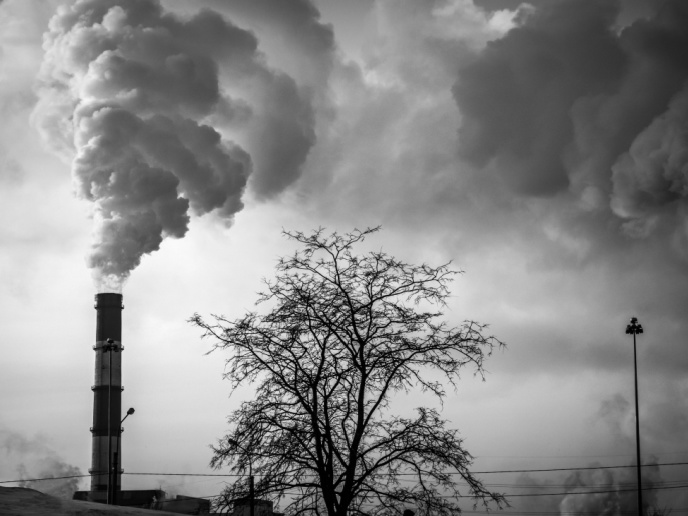Europeans are replacing inefficient residential heating systems
Heating and cooling account for about half of the EU’s total energy consumption. Approximately 80 % of the total energy use in residential buildings is for heating, cooling and domestic hot water and two thirds of this energy are supplied by ageing, inefficient, fossil-fuel-reliant systems. The EU-funded REPLACE project set out to encourage and support people to replace their old heating systems with more environmentally friendly alternatives. Targeting residential space and domestic hot water heating, the project developed free tools and implemented activities on the local level, all tailored to the specific needs of residents in each target region in eight European countries.
Decision-making simplified: tools assist heating system replacement
Independent, high-quality information about heating systems and their potential replacements is often not easily accessible to consumers, installers/consultants, local authorities and investors. REPLACE has addressed this crucial barrier by enhancing proven and widely used Austrian tools and making them freely available in multiple languages. “The REPLACE Heating Matrices rank renewable energy heating systems for various building types in a region. In most cases, the tool identifies one or two renewables-based heating solutions well positioned to replace an existing system,” explains Herbert Tretter of the Austrian Energy Agency (website in German) and project coordinator. “In the next step, households can use the Replace Your Heating System Calculator to assess the economics of climate friendly heating replacement options over their operating lives,” adds Altan Sahin, also of the Austrian Energy Agency and project co coordinator. Results integrate user input including dwelling specific details and integrate it with locally available and envisaged energy supply options. The calculator helps consumers make decisions based on residence-specific and region-specific data: investment, maintenance and fuel costs; cost savings relative to their current system; and CO2 emissions. The REPLACE renewable heating and cooling replacement handbooks guide consumers through steps to take before and during replacement, help installers become well-informed facilitators, and present investors with innovative business models and model contracts. REPLACE best practice examples highlight a variety of realised approaches from each of the eight countries.
Putting the heating system replacement campaign into action
Among the many project successes achieved in boiler replacement campaigns in nine pilot regions, a joint heat pump purchase action in Slovenia replaced nearly three times as many residential oil and gas boilers as initially envisioned, and Slovenia is now using the REPLACE calculator as an official public advisory tool. The CO2 savings from residential replacements in Germany and Spain surpassed the targeted mitigation for the entire project during its lifetime. A first-of-its-kind one-stop shop for replacing oil, gas, biomass and direct electric heating systems with climate-friendly ones was developed for the Salzburg province in Austria. On the public ‘match making’ platform, households can easily find suppliers nearby that offer all services/specialities needed for a boiler exchange, and all managed by a single contact.
Addressing further needs
REPLACE has addressed the needs of stakeholders to access easy to understand, tailored information about replacing current heating systems with modern, climate-friendly and effective ones. Two additional challenges must be addressed. Tretter and Sahin emphasise that, as the renewables heating systems market grows, the dearth of professionals needed for replacements will be a major bottleneck – consumer action must be supported by a long-term training strategy. Further, particularly vulnerable groups such as energy-poor households must be included to ensure all of society benefits from the clean heat transition.
Keywords
REPLACE, heating, residential, climate, renewable, cooling, domestic hot water, system replacement, CO2







